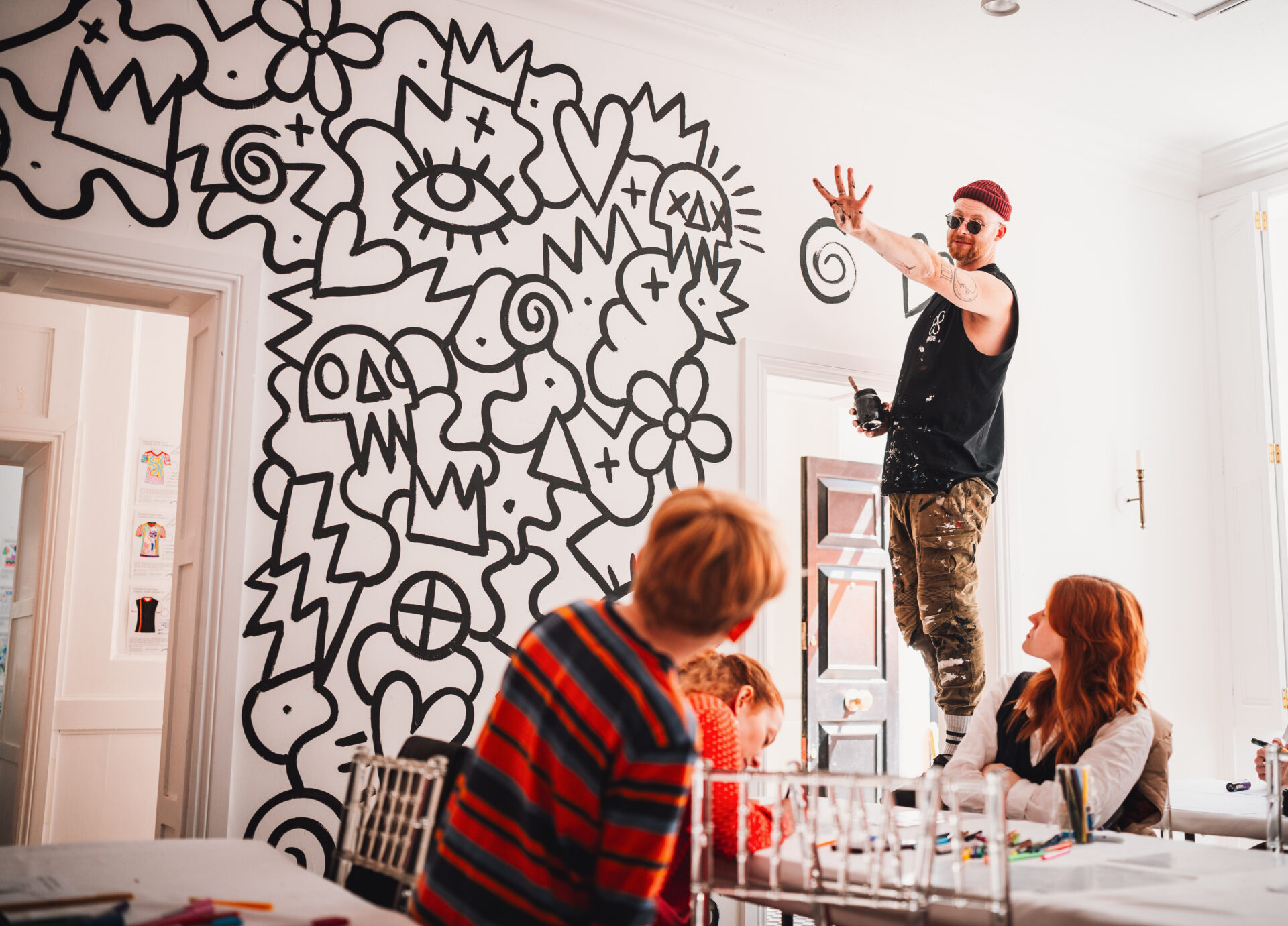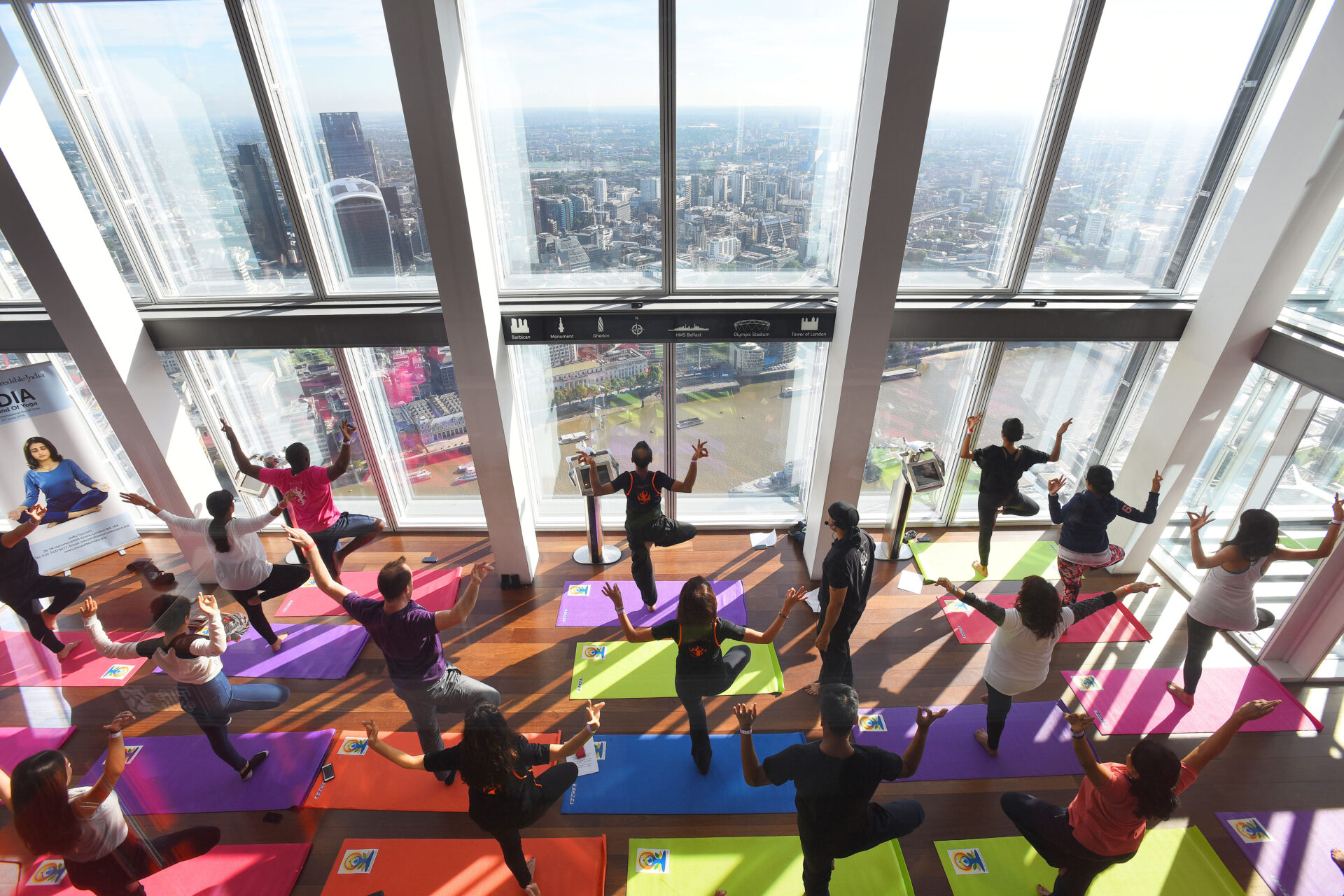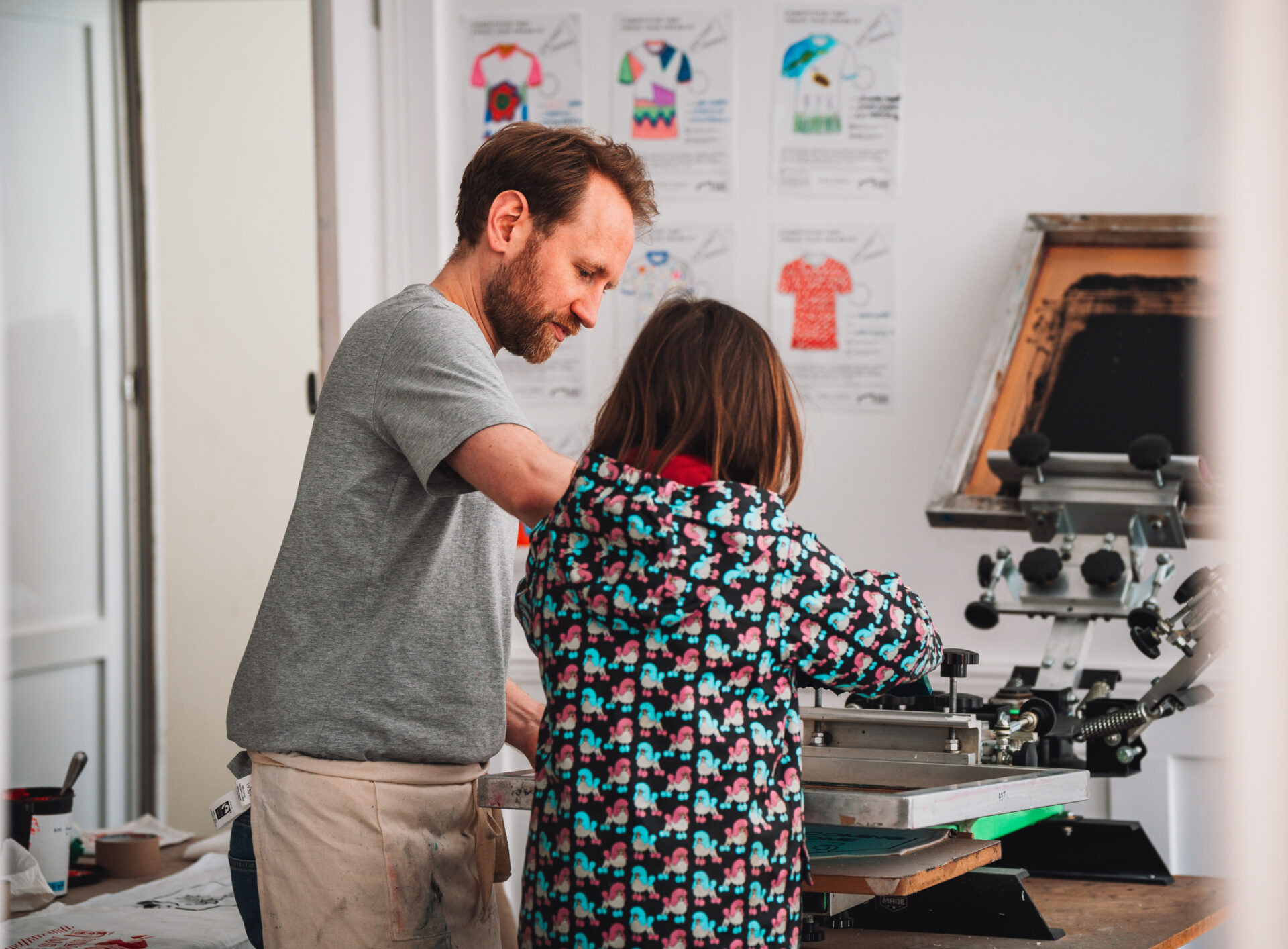Cities are more than just places to live, work, and shop. They shape experiences. The best cities don’t just function, they invite people to stop, engage, and connect.
At the Greater Manchester Visitor Economy Conference, the ambition was clear: by 2030, Manchester wants to be the UK’s most visited city outside London. But attracting visitors isn’t just about buildings and shopping centres. It’s about creating moments, events, activations, and cultural experiences that give people a reason to come and, more importantly, to stay.
So, what’s shaping the future of city activations?

Hybrid Experiences Are Taking Over
Cities are moving beyond single-focus events, blending culture, entertainment, and social interaction to create richer experiences.
Take Soho House’s Cities Without Houses, which brings pop-up cultural salons to different locations, mixing art, talks, and nightlife. Or Art Battle Manchester, where artists paint live on stage, music plays, and the audience votes in real time. By combining contrasting elements; activations are more engaging than the sum of their parts.
The data backs this up:
- 42% of event-goers are more likely to attend if an event offers a mix of activities (Eventbrite TRNDS 2025).
- People spend 47% more time in places that combine entertainment, dining, and culture.
Cities that offer multi-layered experiences will keep people engaged for longer.

Accessibility and Wellbeing Matter More Than Ever
With 1 in 4 people experiencing physical or neurological barriers; inclusivity isn’t just a social good; it has a big impact on footfall and commercial results.
For example, Mindful Art Walks in Leeds blends creativity, nature, and mindfulness, making cultural experiences more inclusive and reflective.
And the demand is clear:
- 22% of people say sensory overload stops them from attending events (Eventbrite TRNDS 2025).
- 85% of event-goers would choose a venue with accessibility options over one that doesn’t.
- Greater Manchester is aiming to be the UK’s most accessible city for tourism by 2030.
In simple terms; cities that embrace inclusivity will feel more welcoming and attract more visitors.

Small Events, Big Impact
Not every activation needs to be a headline festival. Micro-events are growing in popularity, offering stronger connections and a greater sense of place.
Take Pint of Science, where scientists give short, engaging talks in local pubs, making complex topics more accessible. These smaller events create the kind of authentic experiences that large festivals often struggle to replicate.
This trend is gaining momentum:
- Micro-events grew by 23% in 2024 as people sought more meaningful connections (Eventbrite TRNDS 2025).
- 60% of event-goers now prefer local events over large festivals.
- Manchester is introducing a ticket levy on arena shows to help fund grassroots venues and independent events.
A city thrives when it balances large-scale festivals with intimate, community-led activations.

Digital Discovery is Changing the Game
How people find and book events is evolving. For many people, if an event isn’t online, it simply doesn’t exist.
- 30% of Gen Z discover events through TikTok, making social media visibility essential.
- 51% of attendees would use buy now, pay later options for tickets over £100.
Events need to be easy to find and accessible to book, otherwise they risk being overlooked.
The Future of City Activations
It’s important keep up with the latest trends, whilst balancing out exactly how many people you’ll reach. Keep a close eye on usage numbers and, wherever possible, ask your audience what channels they want to use.
Talk to us about making your destination a commercially and socially successful place.